Study Predicts Sea Level Rise May Take Economic Toll On California Coast

California beach towns could face hefty economic losses caused by sea level rise in the next century, according to a new state-commissioned study conducted by economists at San Francisco State University.
Sea Levels Much Less Stable Than Earlier Believed
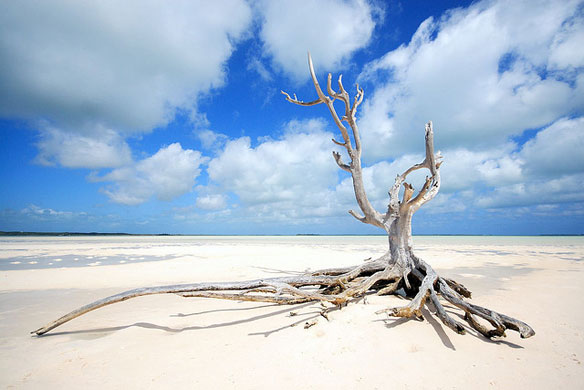
New evidence of sea-level oscillations during a warm period that started about 125,000 years ago raises the possibility of a similar scenario if the planet continues its more recent warming trend, new coral dating method suggests.
Arctic Ice Cover Hits Historic Low
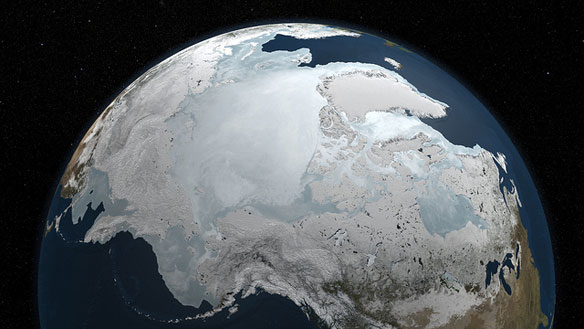
The area covered by Arctic sea ice reached it lowest point this week since the start of satellite observations in 1972, German researchers announced on Saturday.
Nags Heads Shoreline Losses A Lot Of Sand, And Money
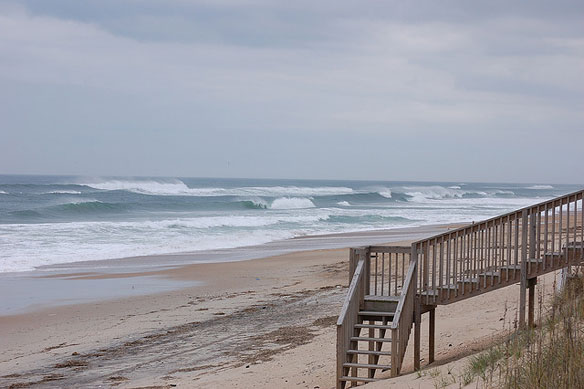
Just weeks before the expected completion of a $36 million beach nourishment project, Hurricane Irene may have chewed away as much as 25 percent of the new sand pumped onto the Nags Head shoreline.
Kiribati ponders floating island to fight sea rise
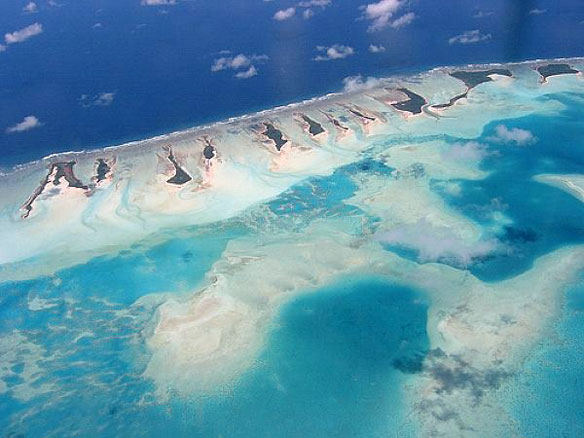
The Pacific Islands Forum opened with a passionate plea from Kiribati for help staving off rising seas caused by climate change, as he is considering ideas such as building a floating island…
Fears in Miami That Port Expansion Will Destroy Reefs

As Miami prepares to dredge its port to accommodate supersize freighters, environmentalists are making a last-ditch effort to protect threatened coral reefs and acres of sea grass that they say would be destroyed by the expansion.
Baltic Sea Countries Do Not Live Up To Commitments: WWF
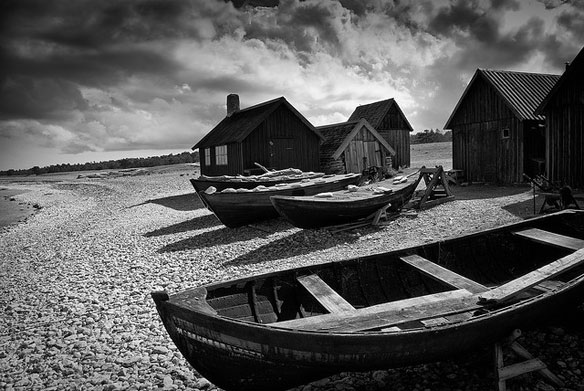
The nine countries with a Baltic Sea coast are not doing enough to protect the very polluted body of water, the World Wide Fund for Nature (WWF) said in the Baltic Sea Scorecard 2011, a report that assesses how good the countries around the Baltic Sea are at implementing environmental measures and agreements.
Haitian Divers Hope to Aid Ailing Reef

Environmental degradation is rife in Haiti, deforestation, erosion, pollution, and for the most part it is hard to miss. But for decades the country’s marine environment has suffered unseen. Its extensive coral reef system, an attraction to foreign scuba divers in the 1970s and ’80s, has largely died off, partly from sedimentation and climate change, but mostly from overfishing.
Floating Cities: Strategies of Adaptation And Long-Lasting Anticipation ?
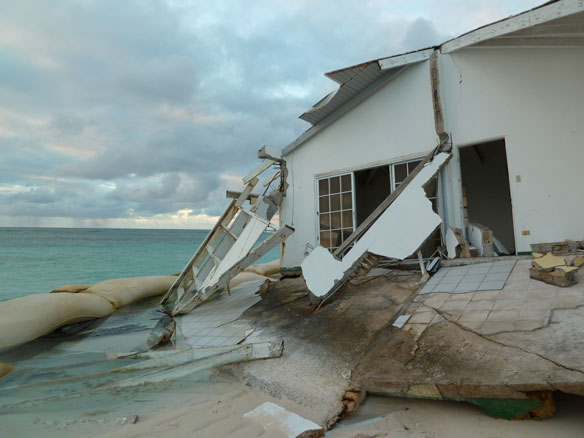
Climate change is redefining the rules by which we live and at a pace we never expected. Because of rising sea level, several areas of the globe are in danger of vanishing from the map, disappearing under water. Society must adapt and maybe, one day, live in floating houses. Emerging designs and technologies promote the concept of living with natural flooding instead of resisting it …
